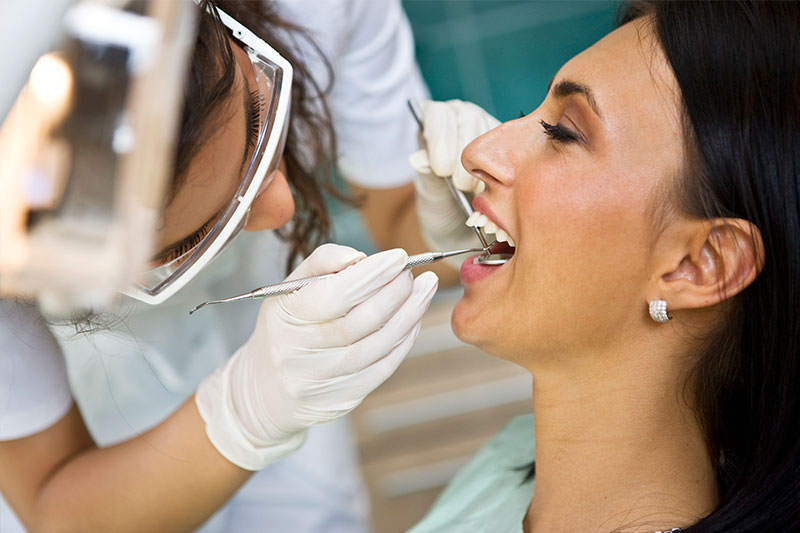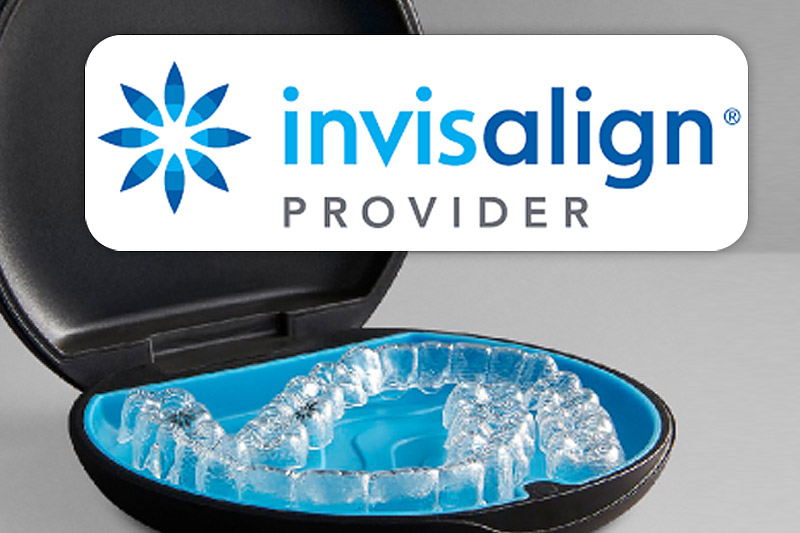
Dental Crowns Treatment in Watertown MN
Dental crowns are custom-made tooth restorations that are designed to cap the entire surface of a weakened tooth in order to strengthen it. Dental crowns are permanent. As such, they’re carefully designed using impressions of the damaged tooth to ensure that the size and shape of the crown matches that of the original natural tooth. You can even choose tooth-colored materials for fabrication of your custom crown so it blends in with the surrounding, natural teeth.
The commonly used materials for tooth-colored crowns are porcelain and composite resin. However, you may also choose metal crowns made from gold, silver, or nickel/chromium alloys, or even choose a blend of porcelain and metal to take advantage of the properties of each material. During your visit, your dentist will help you determine the best choice of material depending on:
- The location and function of the tooth
- The visibility of the tooth when smiling
- The position of your gum line and gum tissue
- The shades of surrounding teeth
- Signs of teeth clenching and grinding
The crown that you choose will be placed in a number of steps undertaken within two appointments:
Step 1: Tooth Preparation
On your first visit, the dentist will administer a local anaesthetic to numb your face and prevent you from feeling any pain when preparing your tooth. Tooth preparation involves the removal of any decay and infection on the site, after which the tooth is filed down to maximize the retention of the crown and to ensure a good fit that doesn’t distort your smile.
Step 2: Making an Impression for the Dental Lab
After tooth preparation, a mold or impression of the tooth will be made and sent to the lab to fabricate your permanent custom crown. An impression of the opposing tooth may also be created to ensure a perfect fit with the mouth closed. Impressions are created using putty or paste that is spread over the prepared tooth and then pulled away so it keeps the shape of the tooth involved. The dentist can also note down specific details about the replacement tooth, such as the natural shade and fit, so its unnoticeable when you smile.
Step 3: Fitting a Temporary Crown
To protect the prepared tooth, a temporary or transition crown will be placed on it. This crown is typically made from plastic material (acrylic), and is held in place using a temporary cementing medium to allow easy removal at your next visit. During this period, it’s important to maintain proper oral hygiene at home to prevent reinfection of the tooth or gum tissues, which may affect the overall success of your crown treatment.
Step 4: Fitting the Permanent Crown
On your second scheduled visit, which should be in two to three weeks from the first visit, the dentist will remove the temporary crown and clean off the temporary cement from the prepared tooth. The permanent crown will then be fitted and adjusted for any bite variations. The dentist will check for accuracy and assess the aesthetics. If there are no issues, the crown can be cemented to your tooth.
Caring for Your Dental Crowns
Dental crowns should last a long time with proper care. Please discuss with your dentist about how to care for your teeth to protect the restoration and your other teeth from future damage.
To ask about Dental Crowns in Watertown MN please contact us today.



